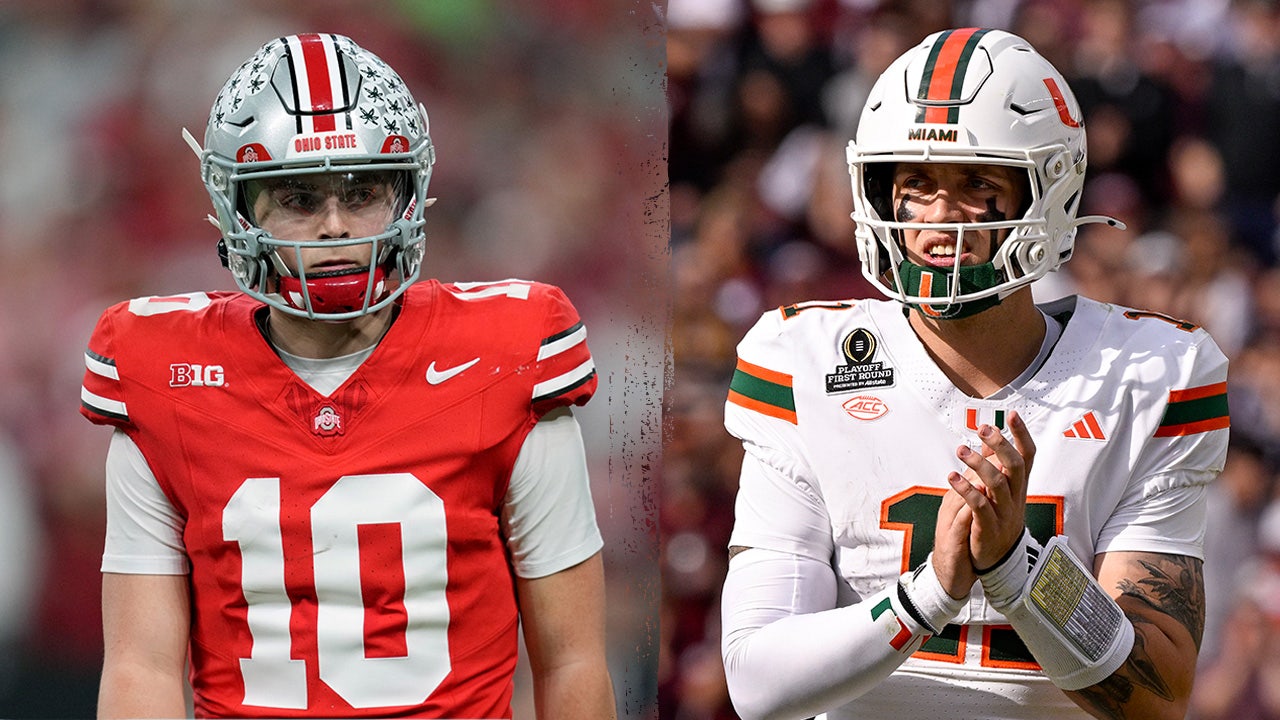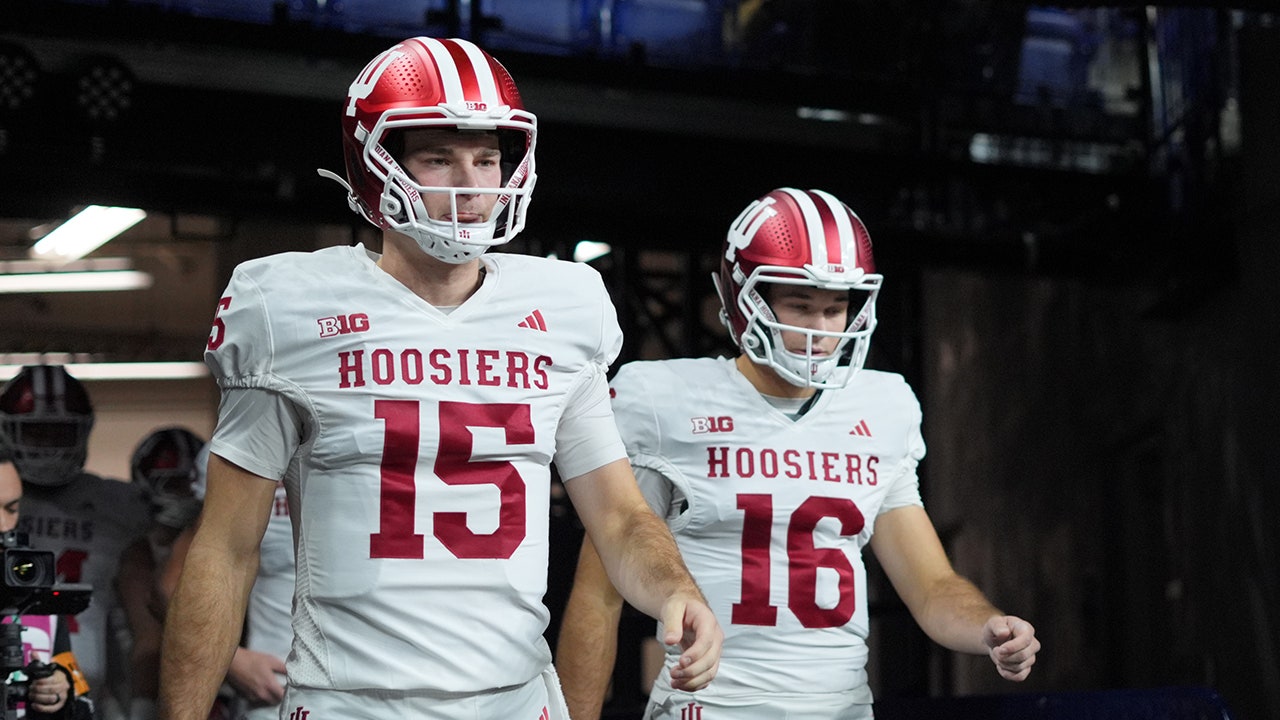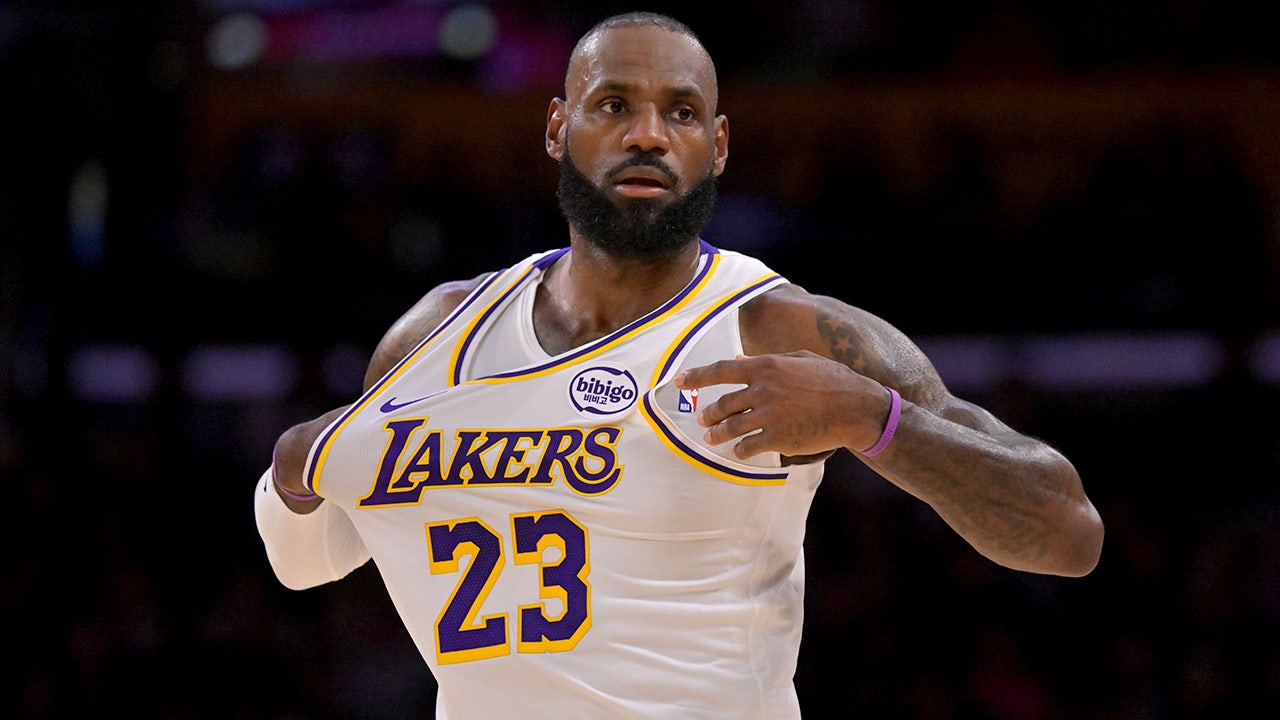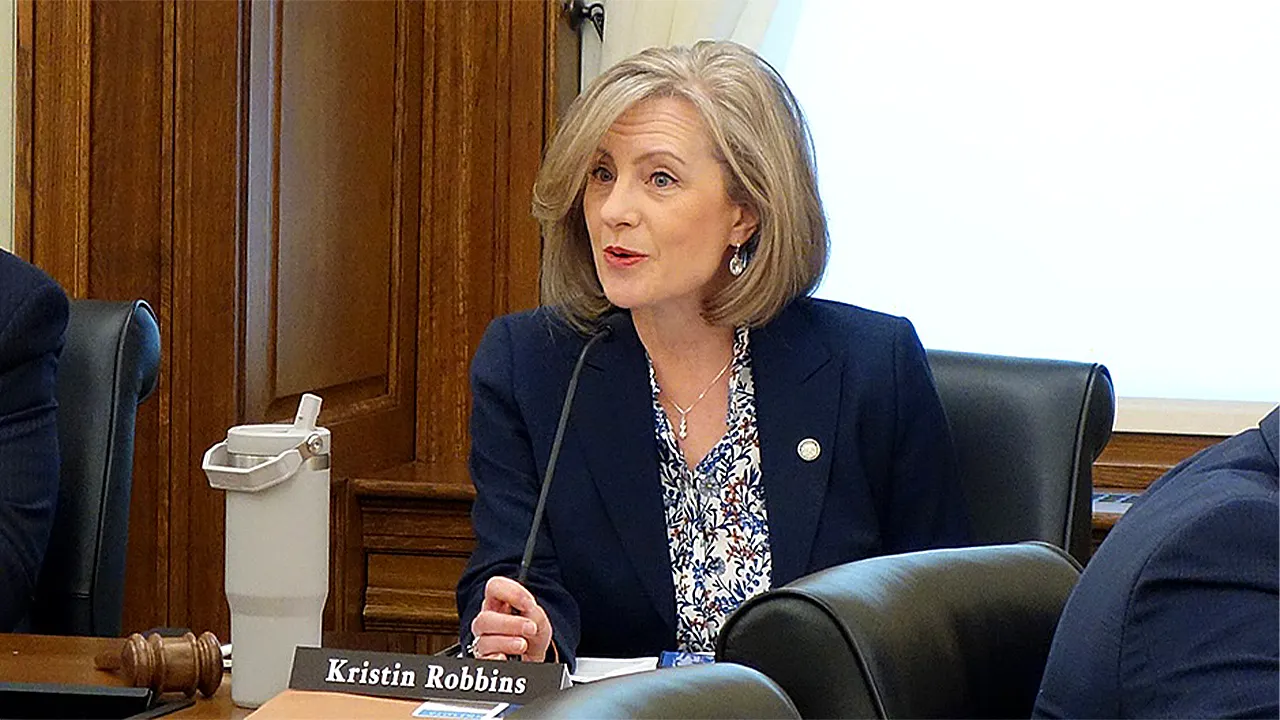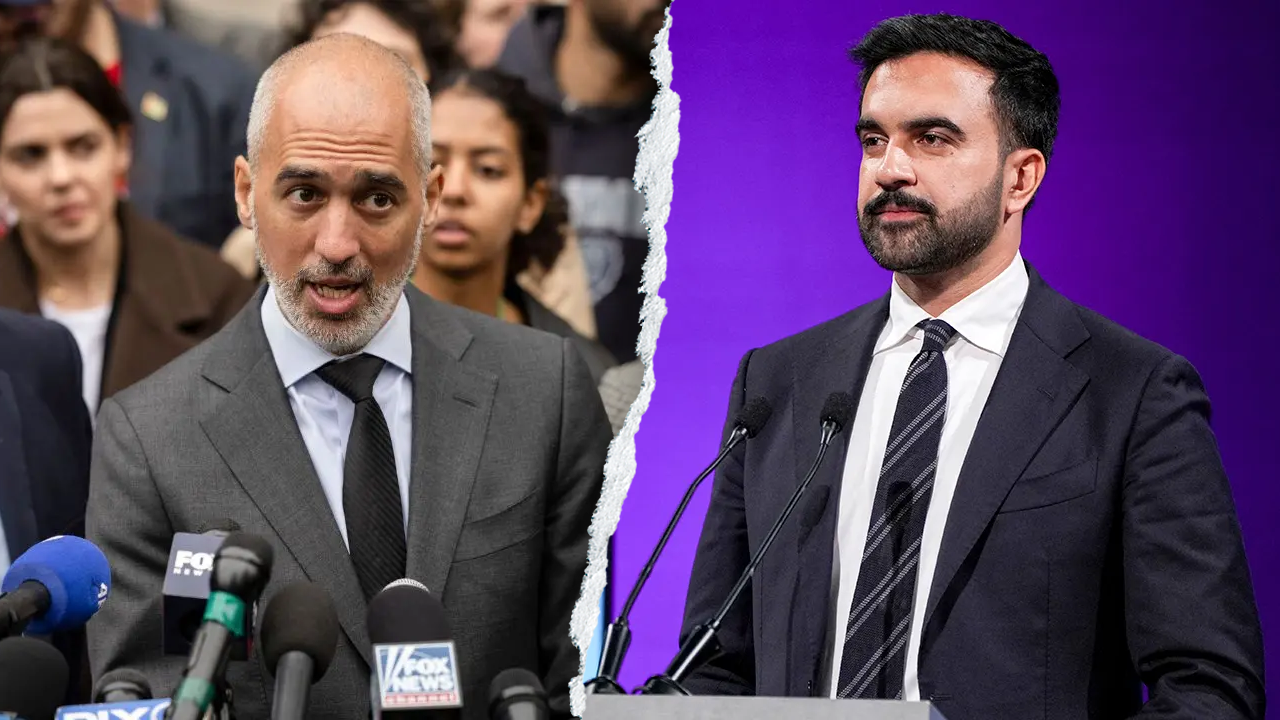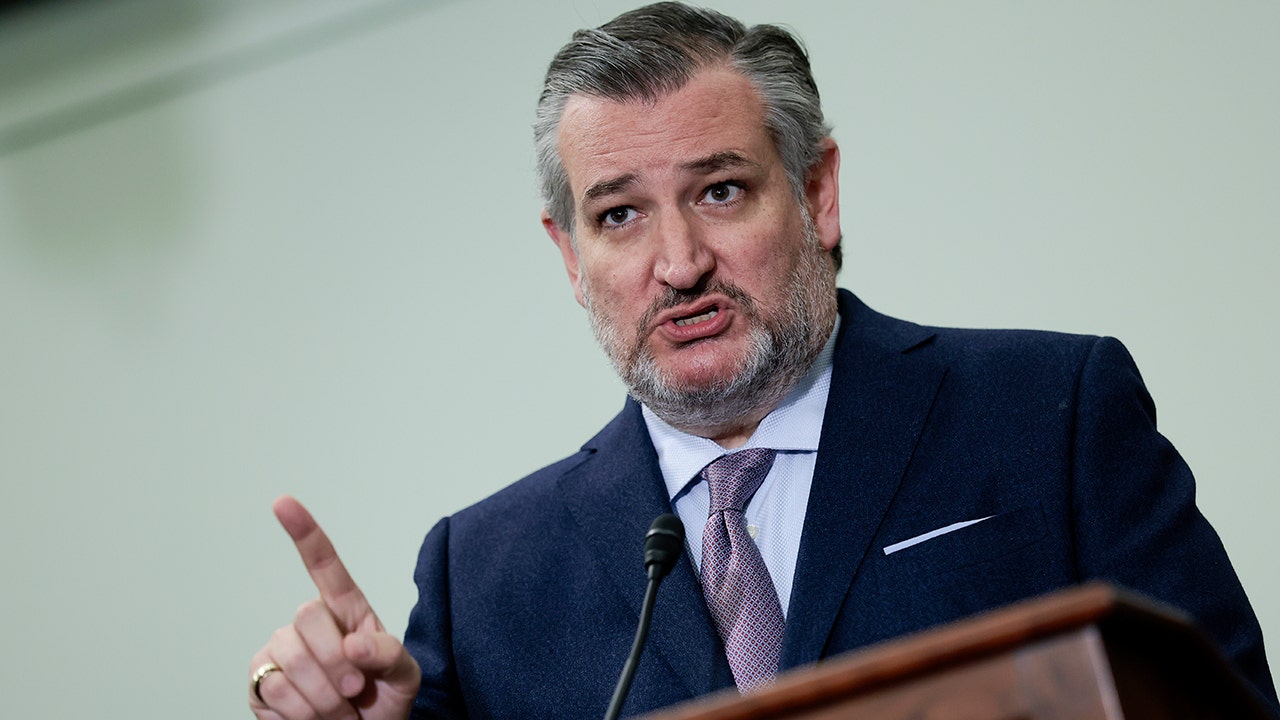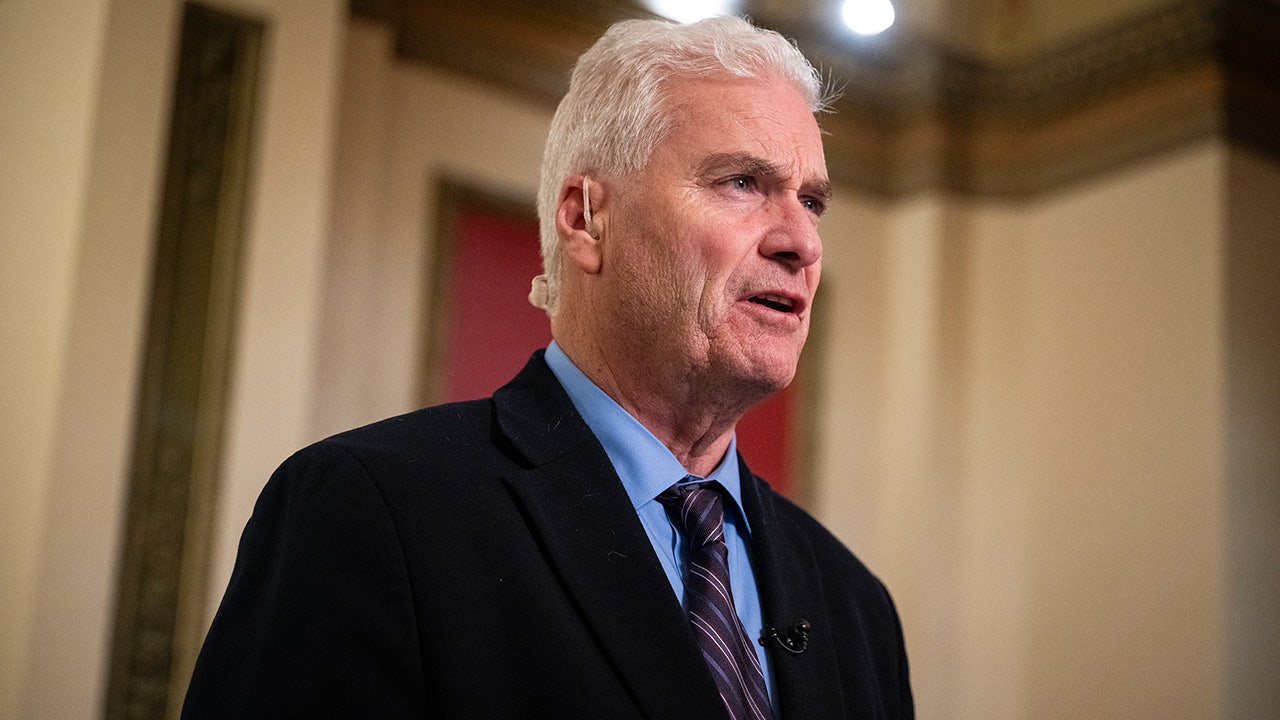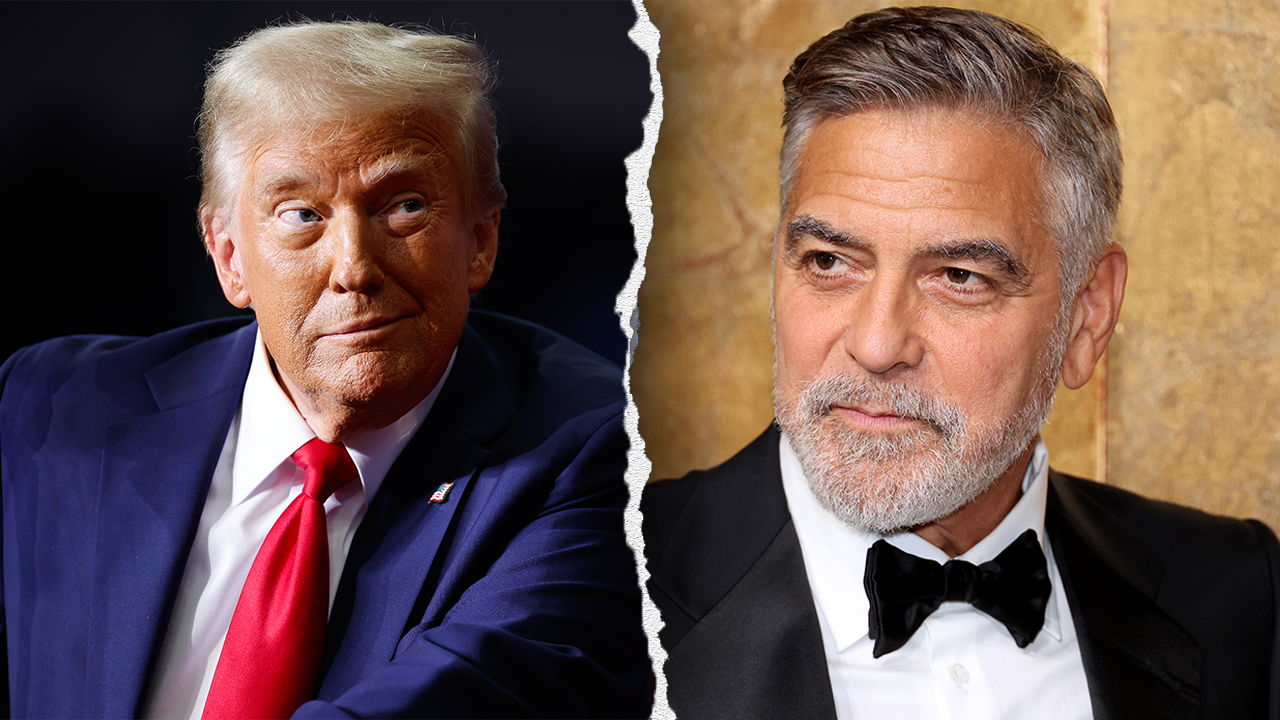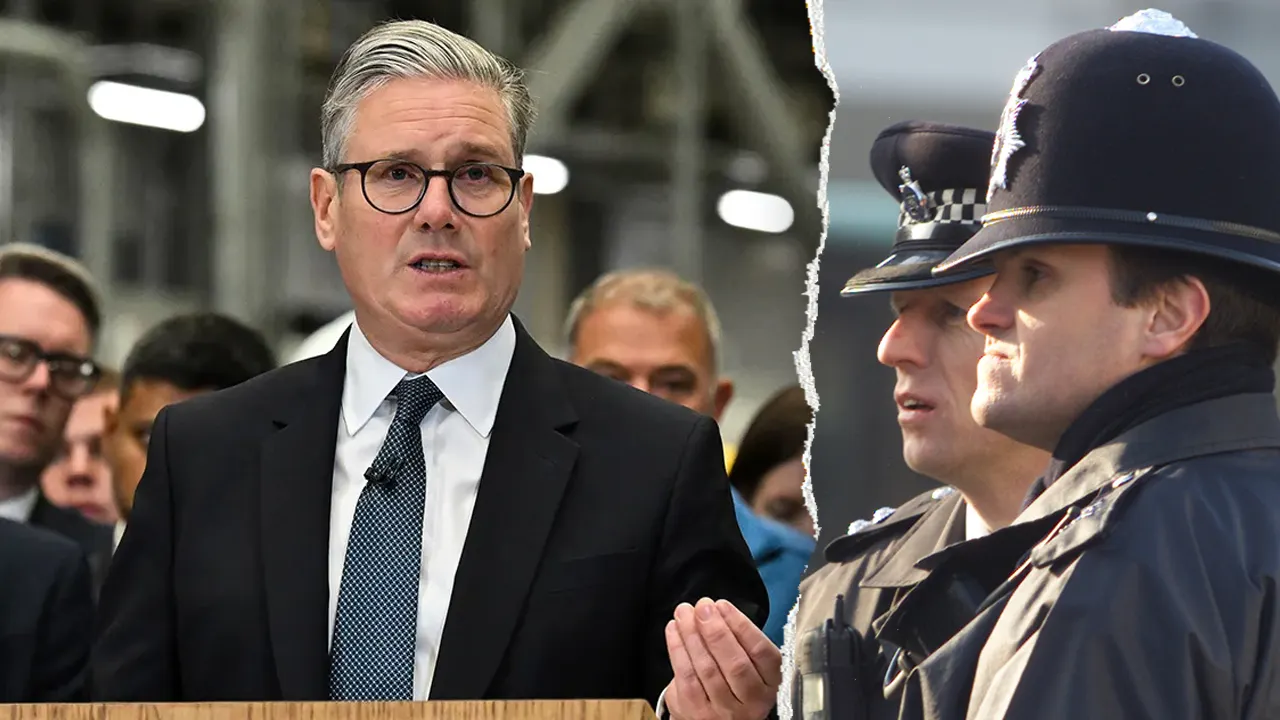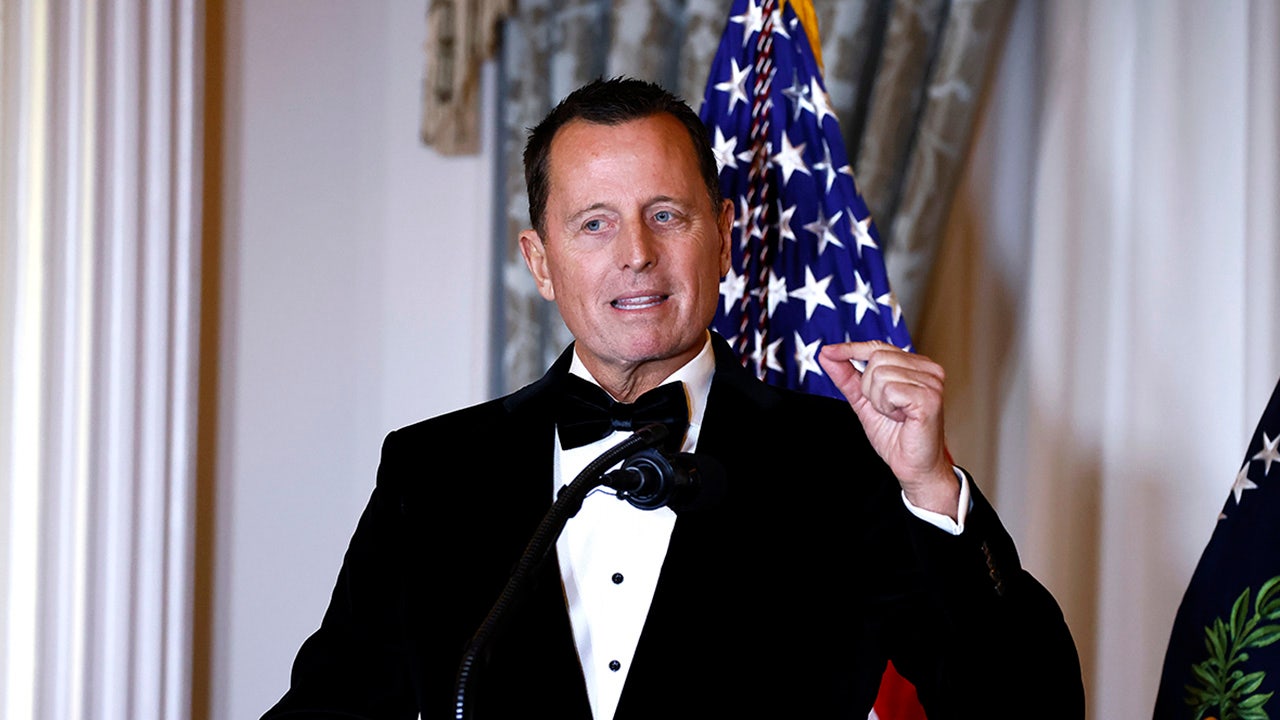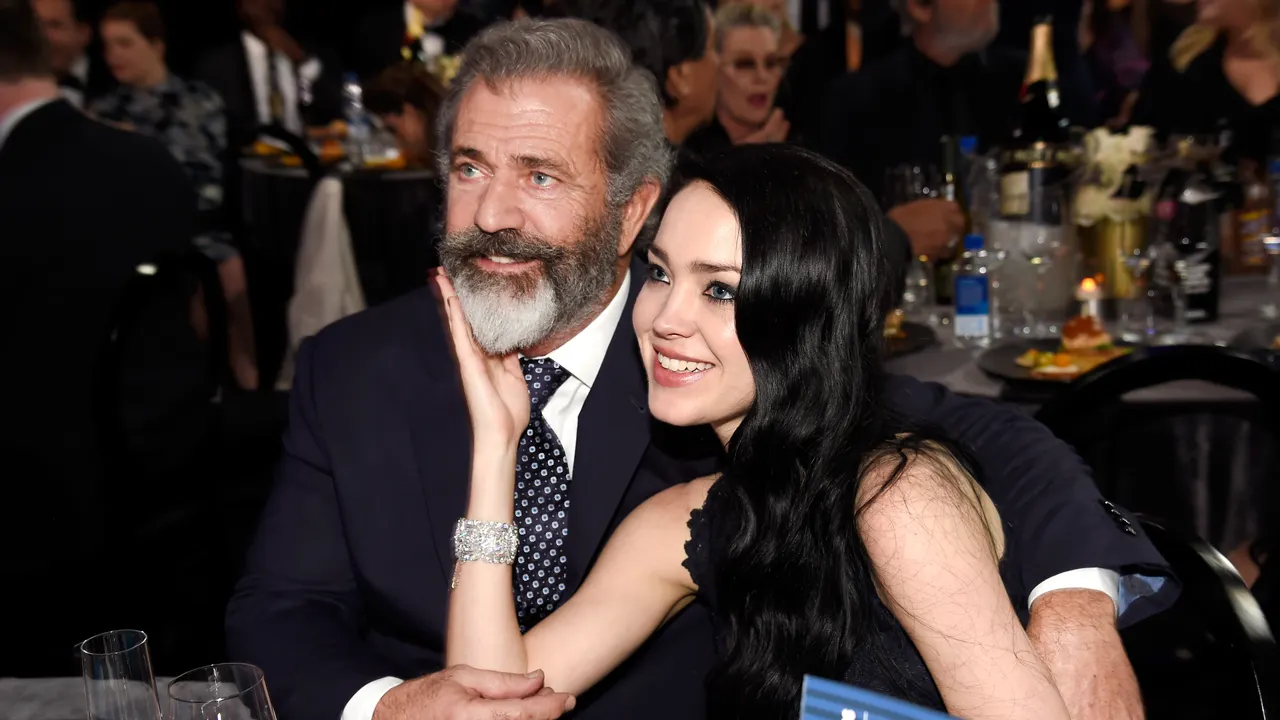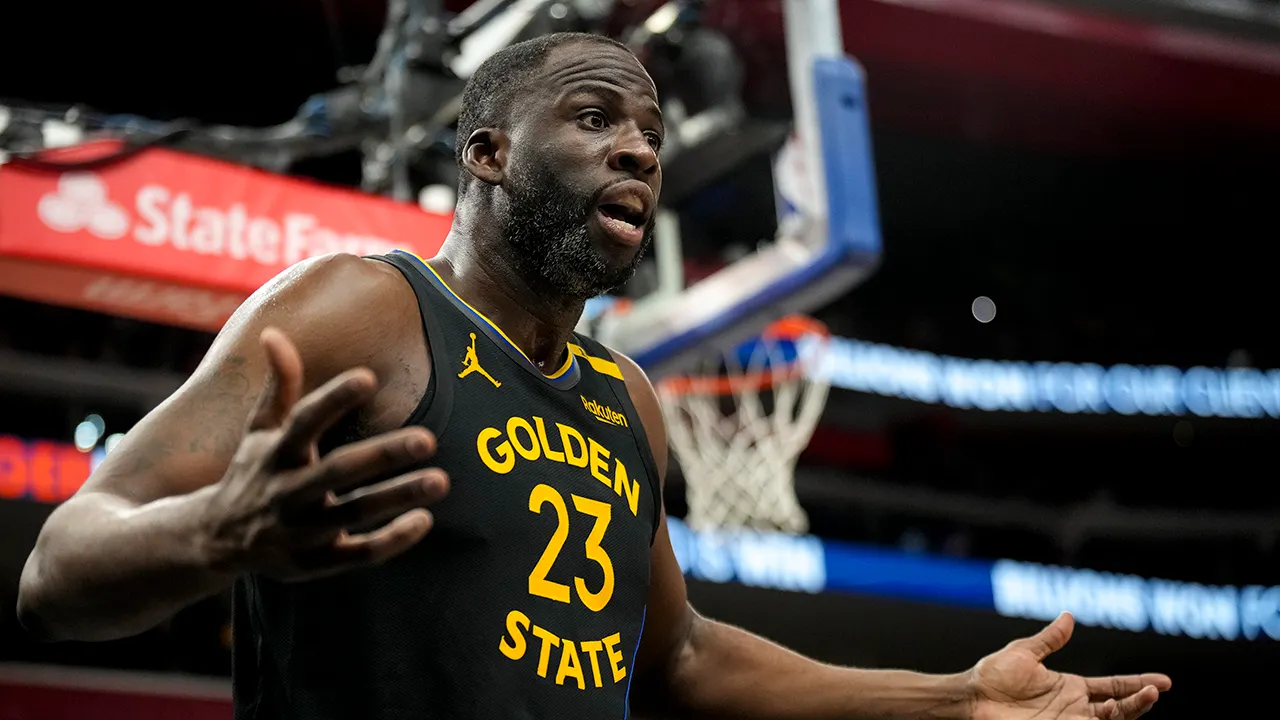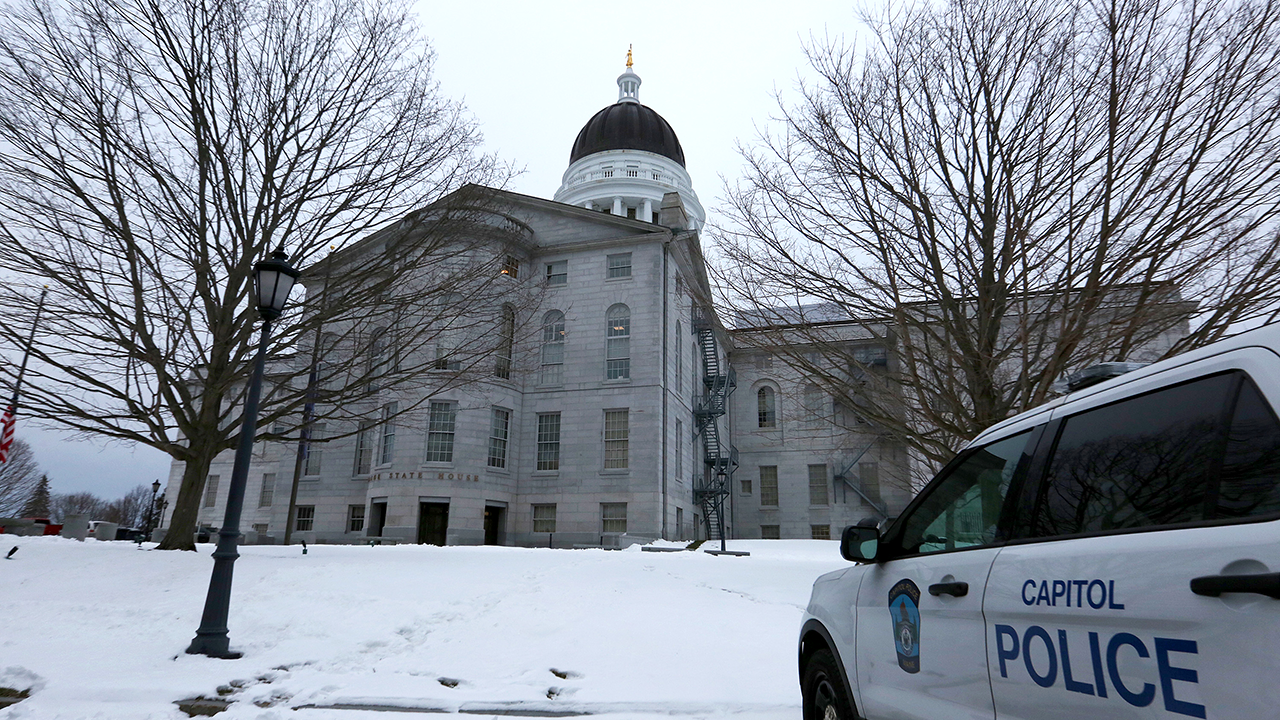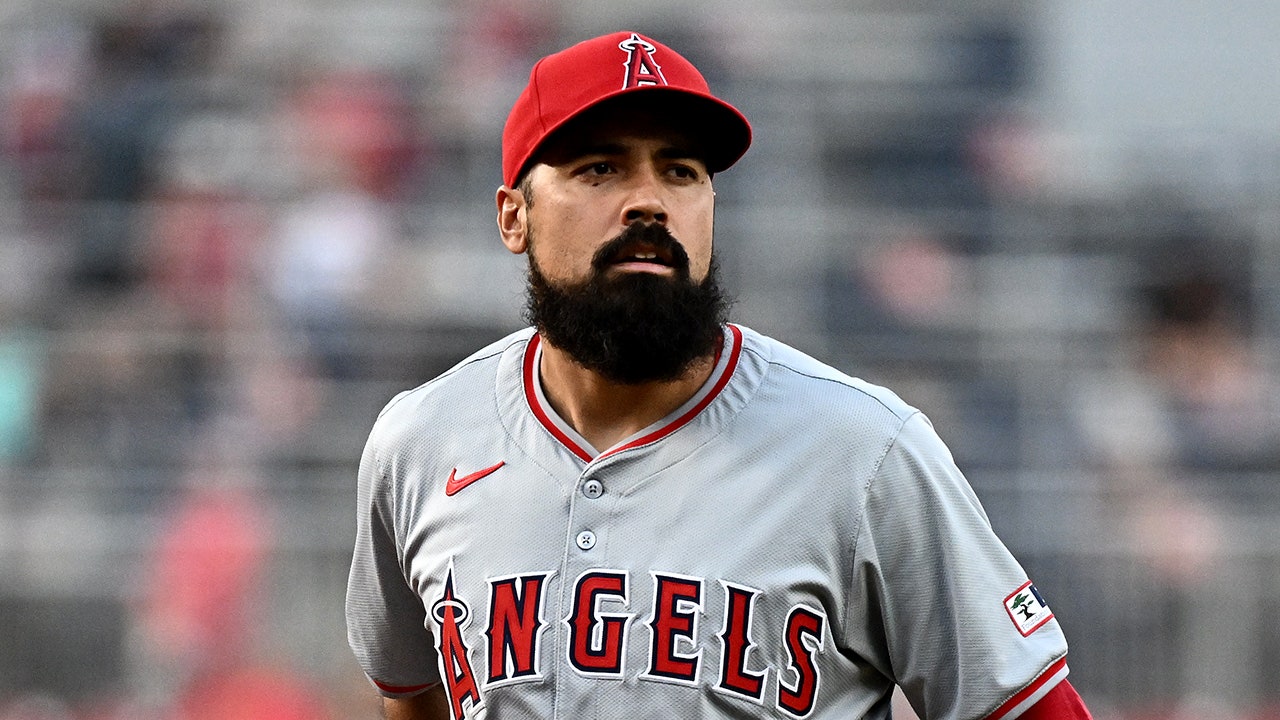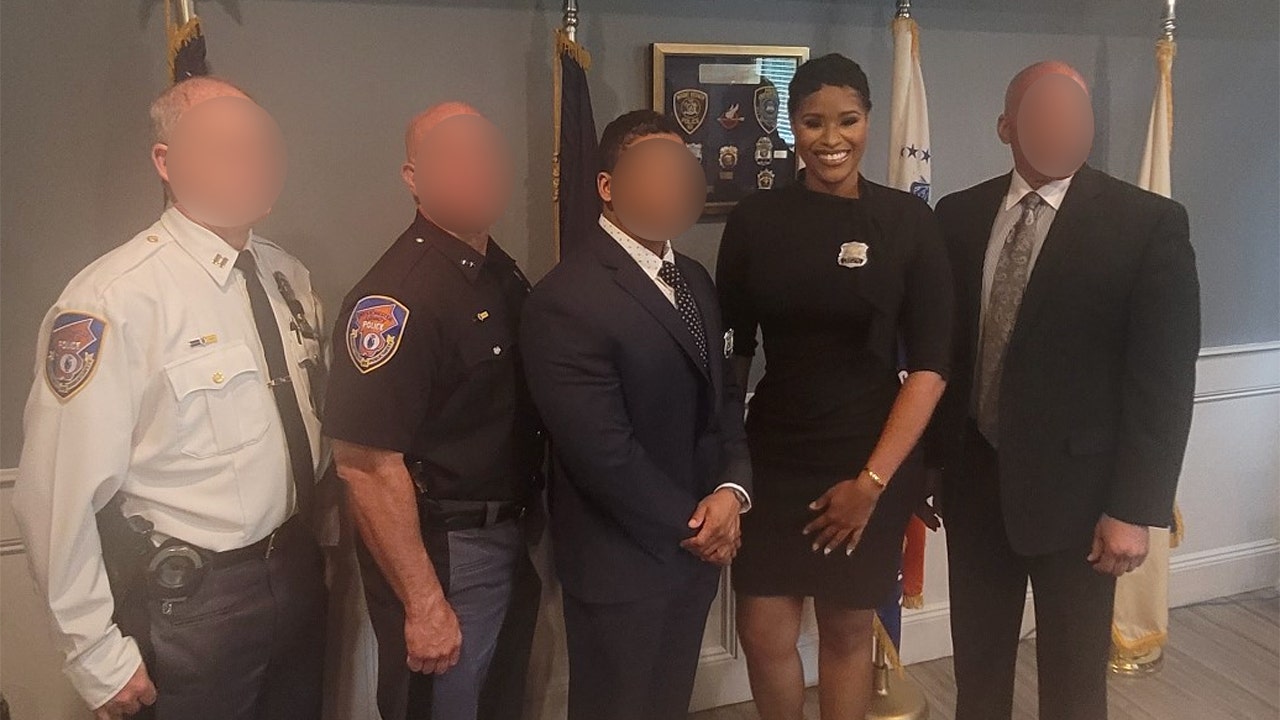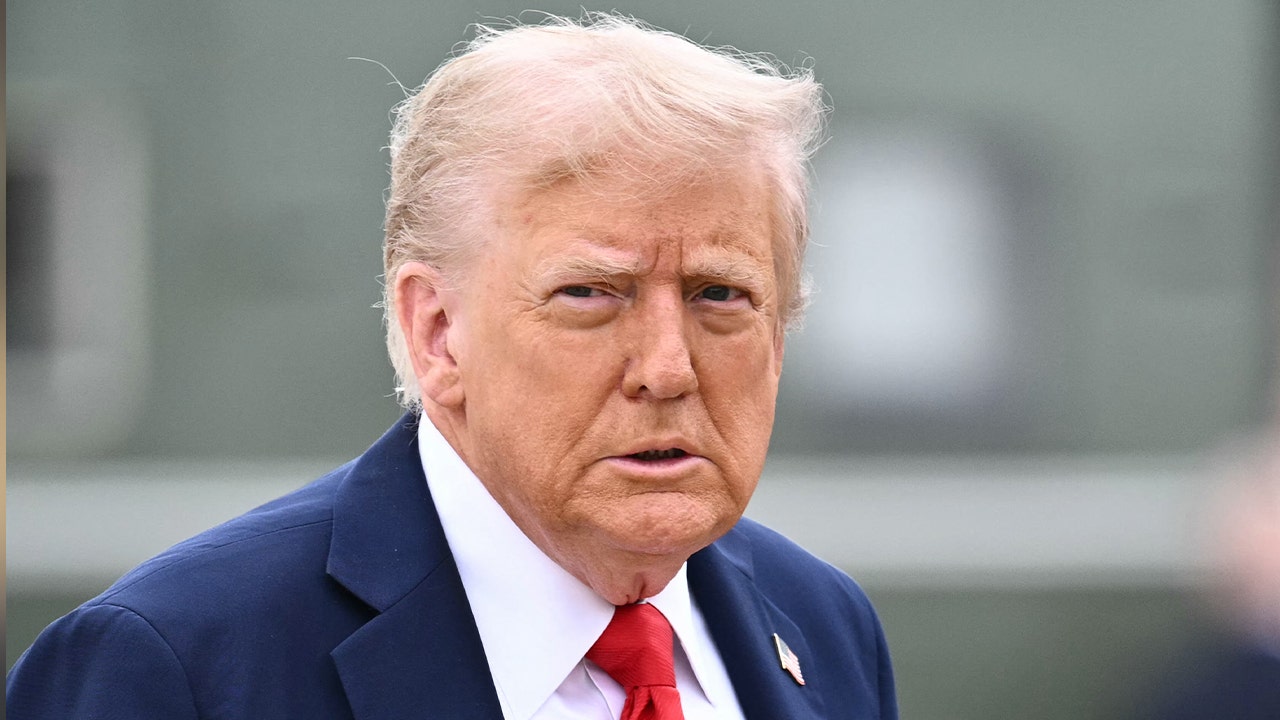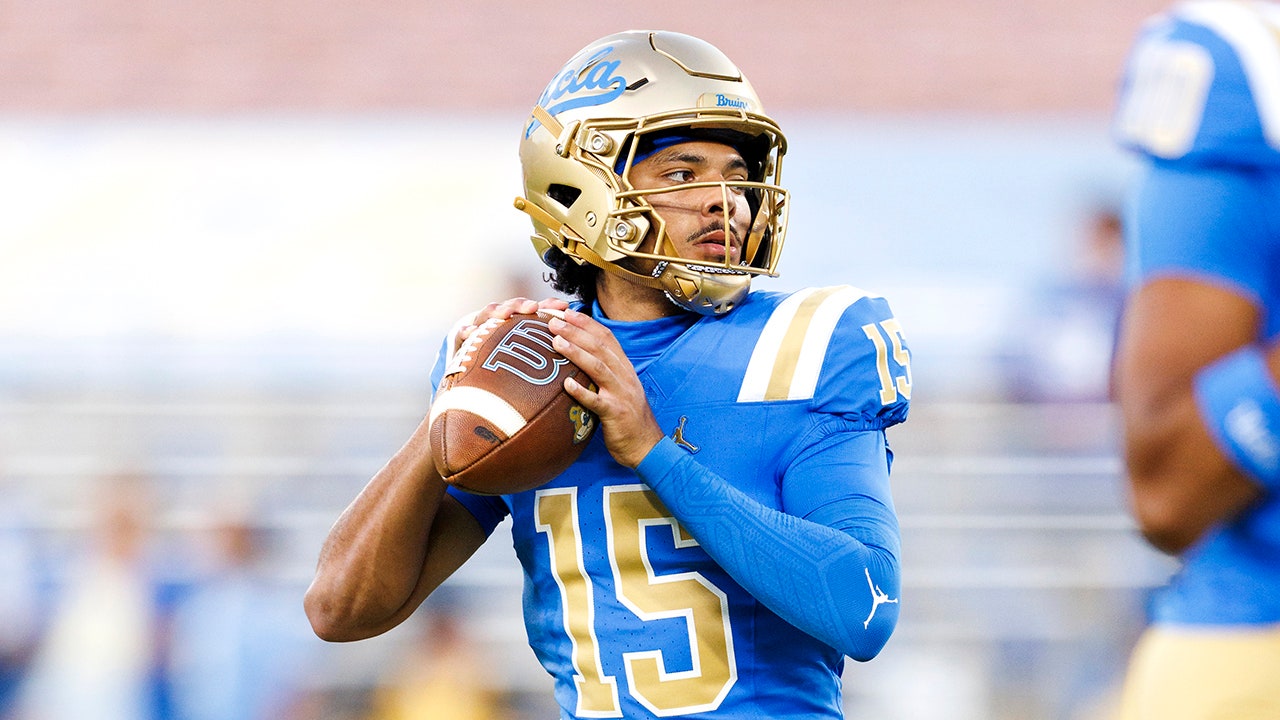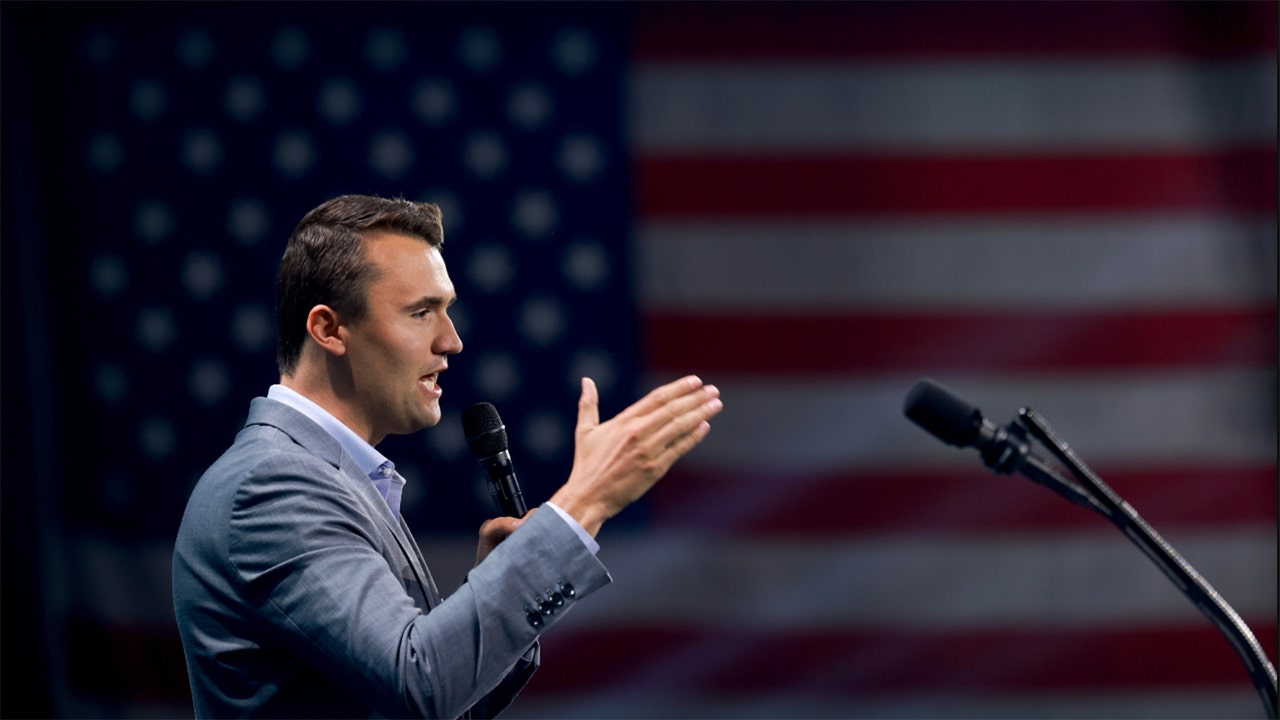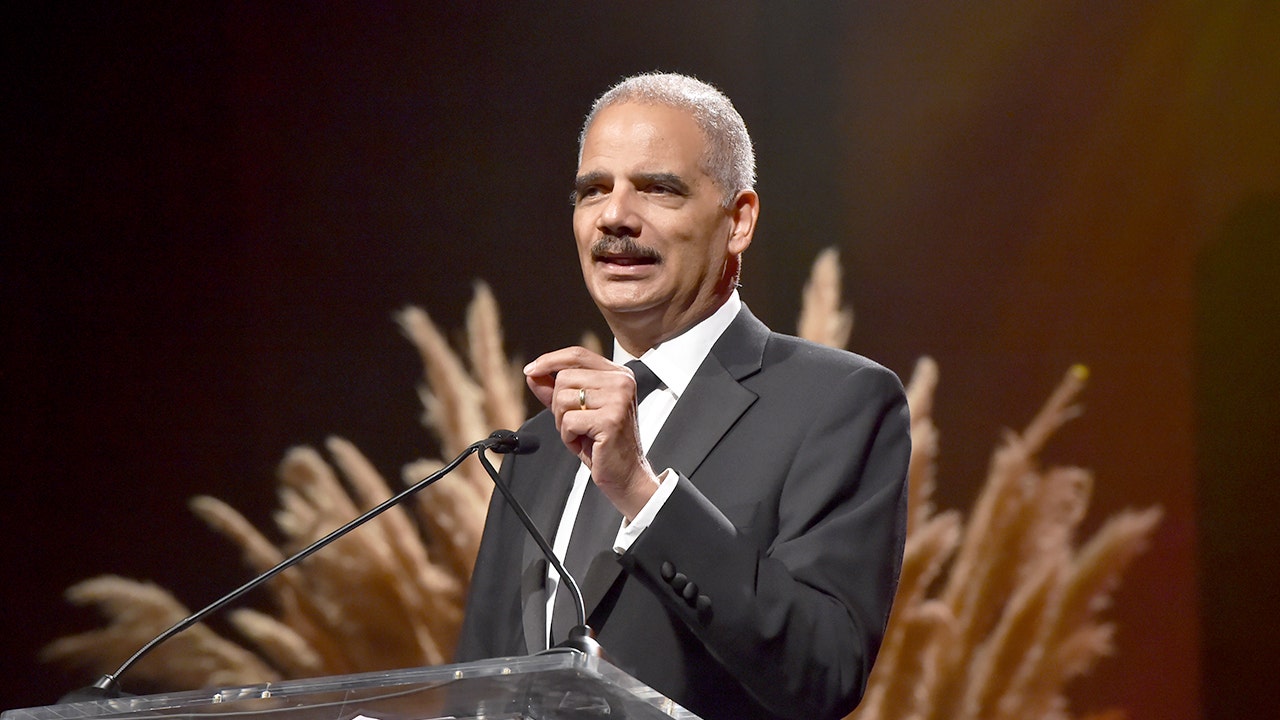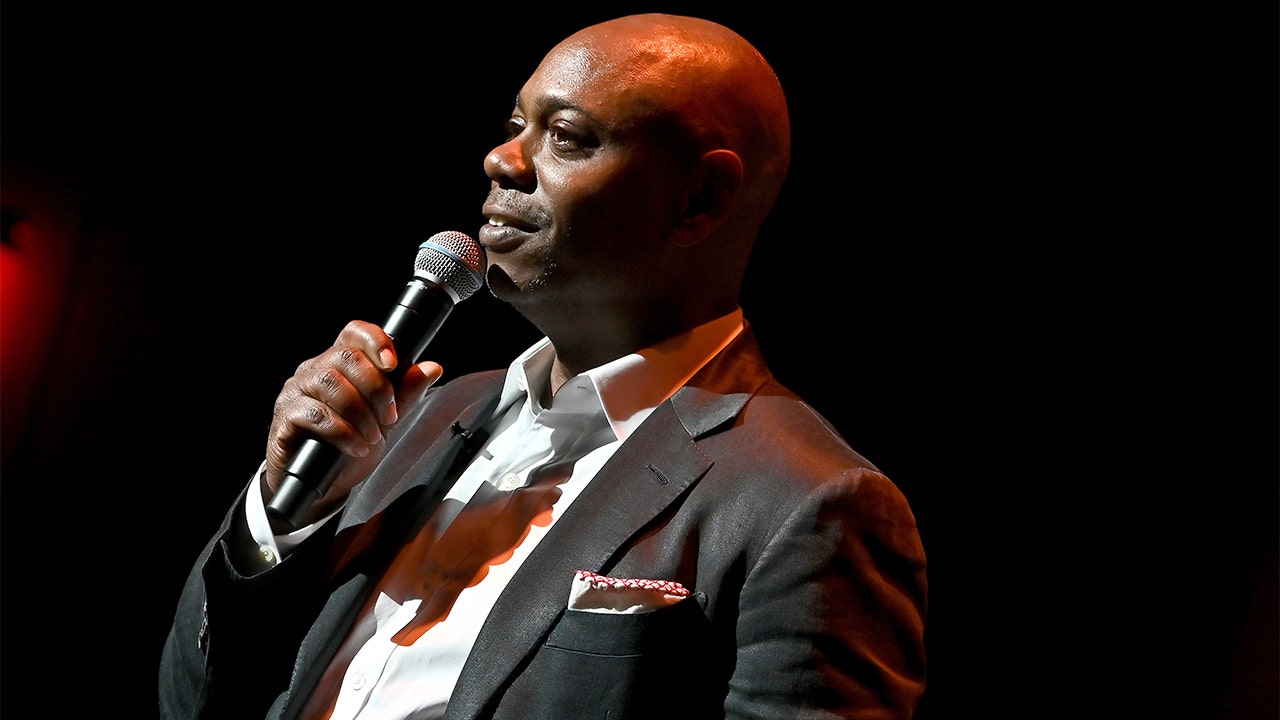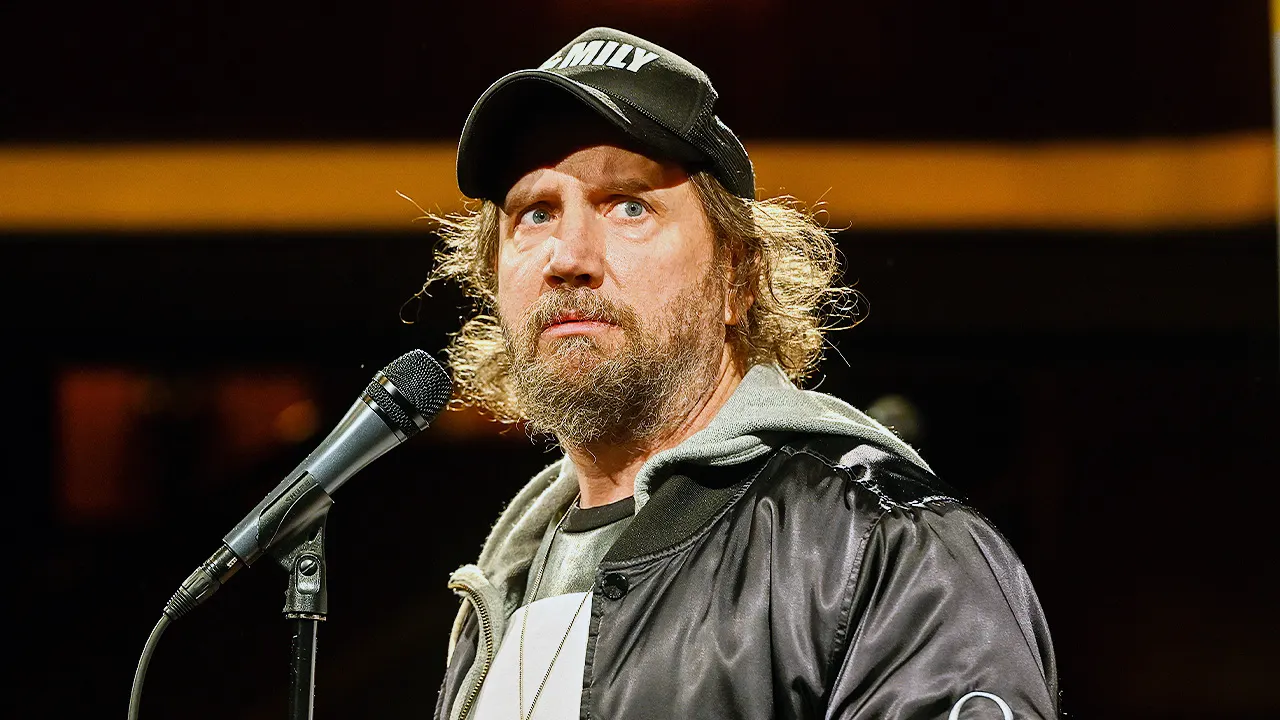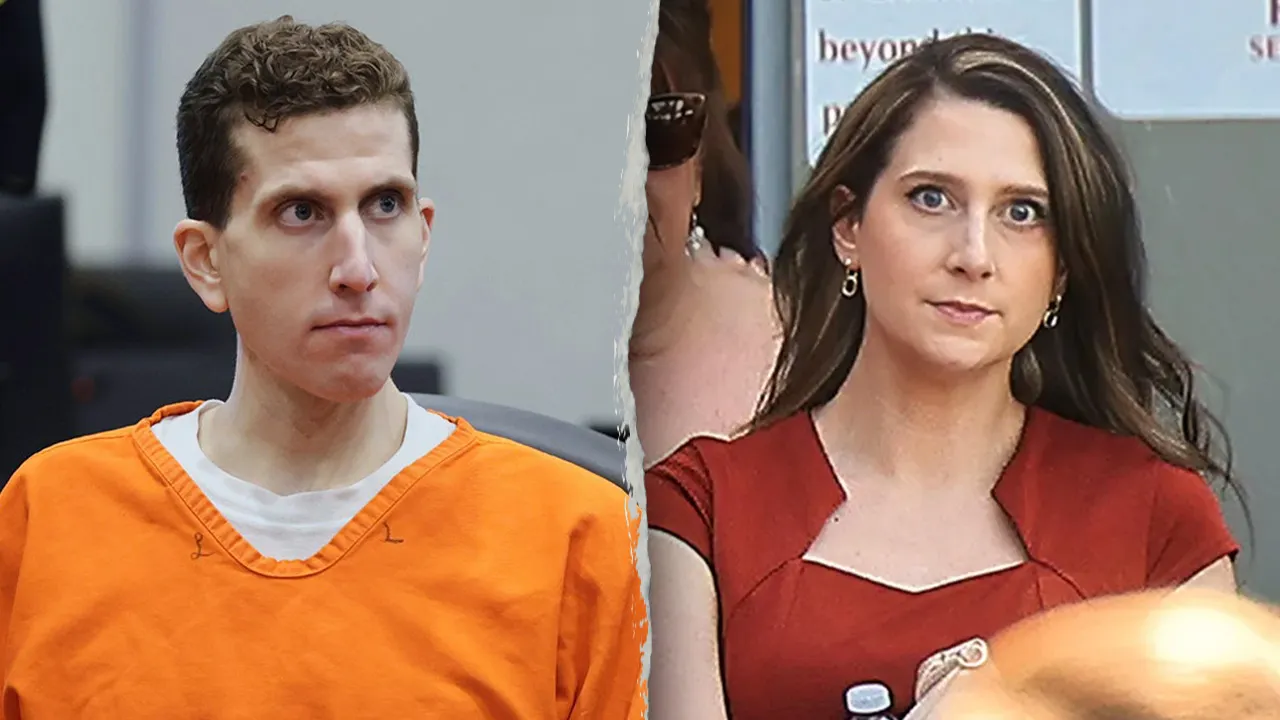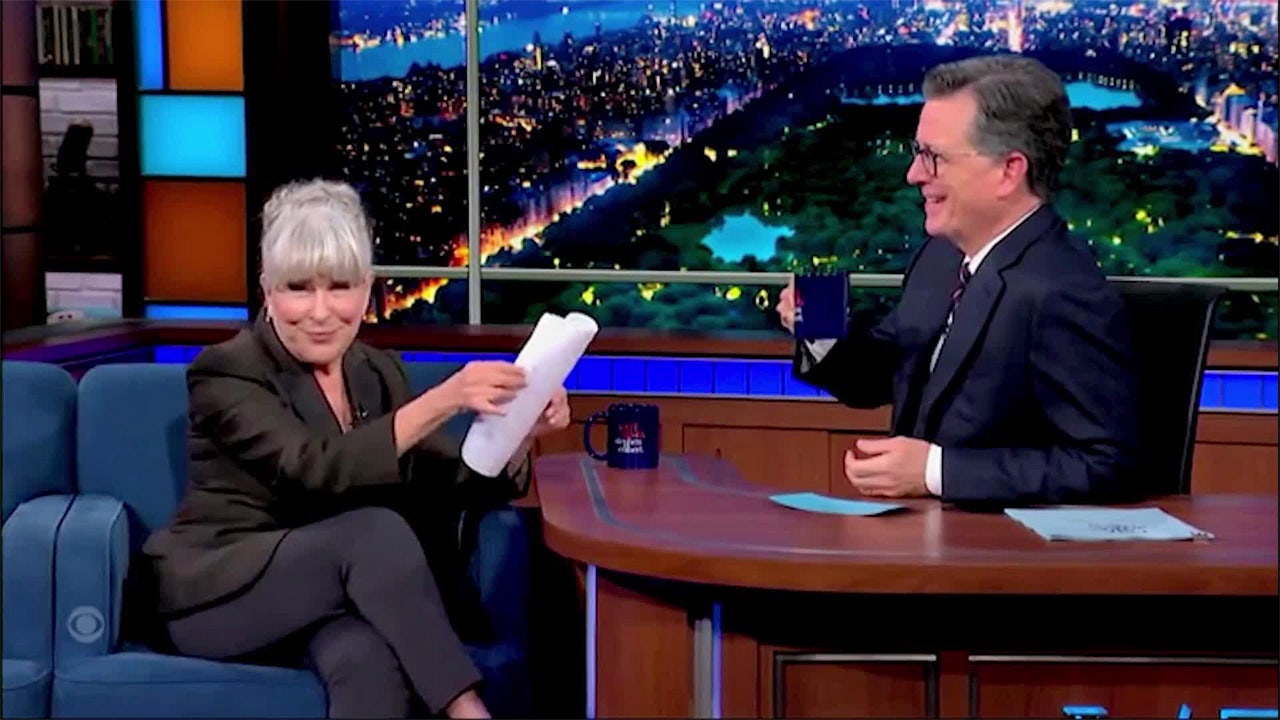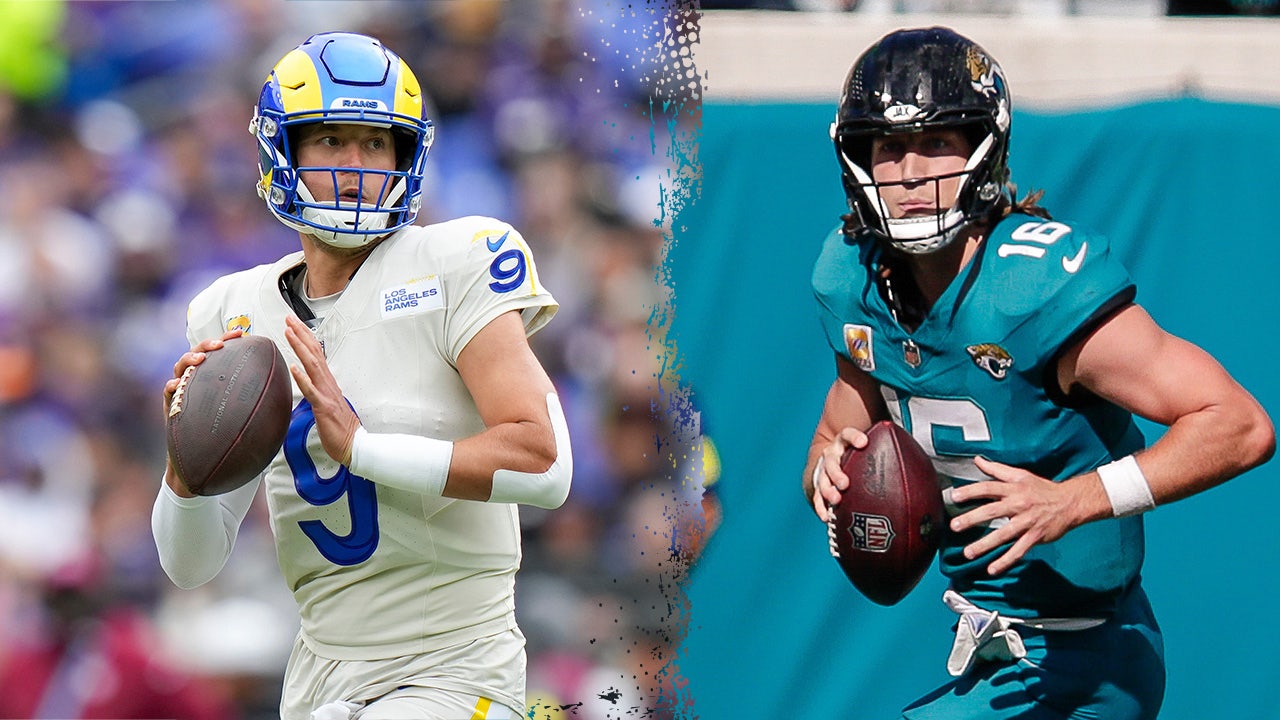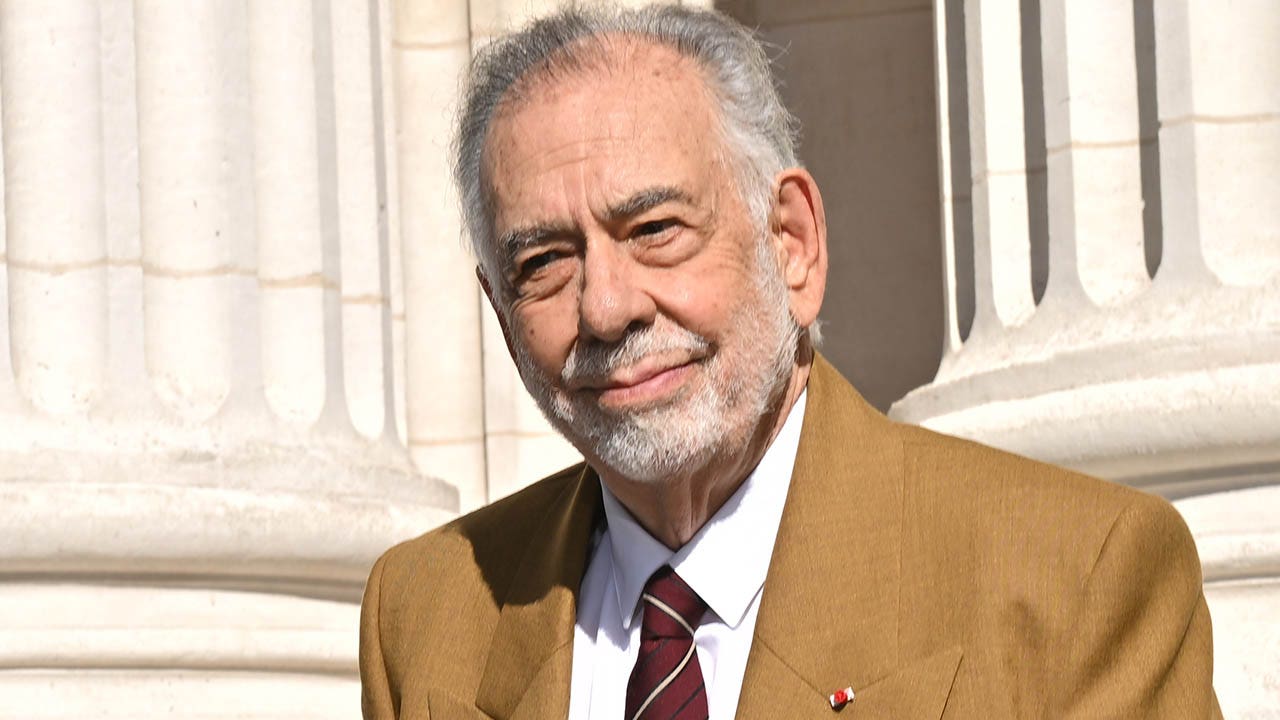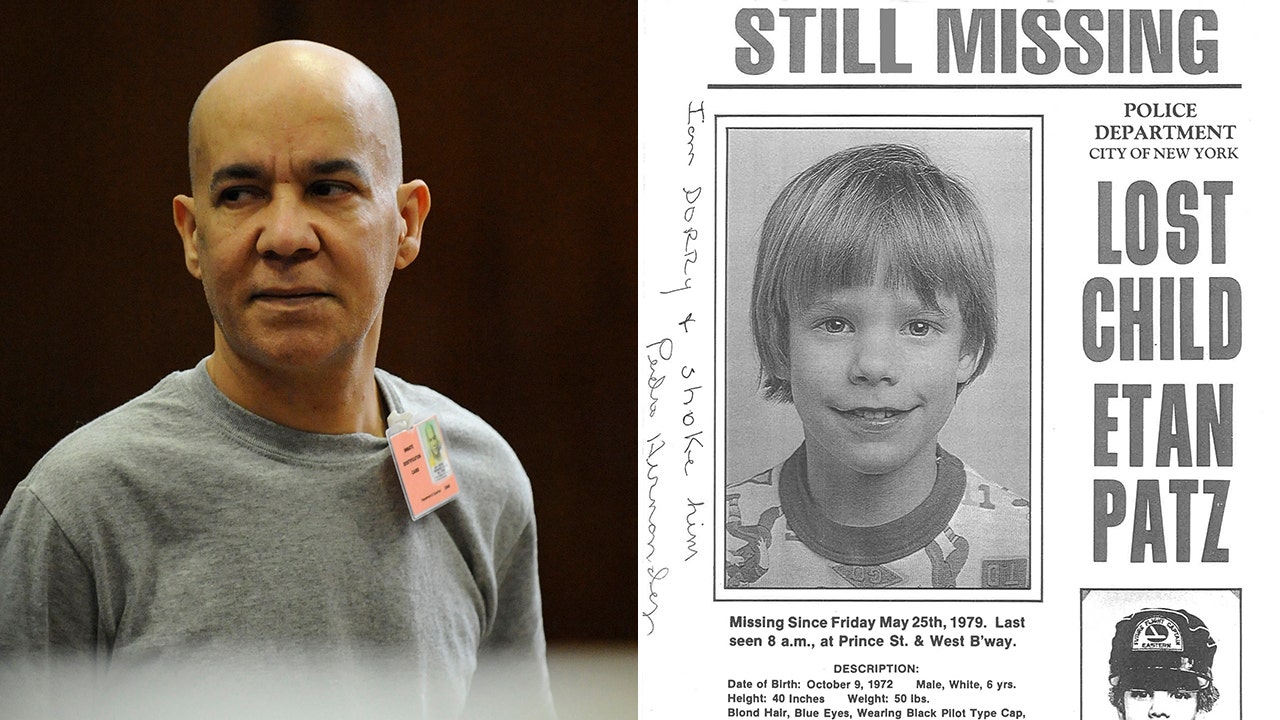NEWYou can now listen to Fox News articles!
The fastest-growing area of health care spending is prescription drugs. Leading the way is an expensive class of medicines called biologics, which commonly cost up to $200,000 annually. There are "generic" versions of these medications, called biosimilars, which have the potential to save Americans billions of dollars, but their use has been hindered by unnecessary bureaucratic hurdles. We are taking action to fix this broken system to deliver lower drug prices for Americans.
Hurdles for biosimilars were originally set up by Congress, but the FDA has historically gone a step further by taking an overly cautious approach. For example, the FDA requires biosimilar developers to conduct comparative clinical studies — something the FDA does not require for other generic drugs. To date, these studies have been largely futile when compared with more efficient ways of evaluating interchangeability. Given that these studies take years and cost $24 million on average, removing the requirement is a commonsense way to get more biosimilars to market.
Ever since the first approval of a biosimilar in 2015, it has been difficult for patients to access them. When a doctor prescribes an expensive biologic, substitution with a biosimilar has not been routine, as it is for every other branded drug and their generic equivalent. This perverse system has been fueled by pharmaceutical companies, pharmacy benefit managers, and reimbursement policies that incentivize doctors to use more expensive medications.
Now the FDA is taking a strong position to make it easier to substitute biosimilars with expensive biologics. We are also announcing a radical streamlining for biosimilars and a new policy to dramatically reduce the time and cost to bring these lower-cost biosimilars to market.

Scientists have discovered over 70 biosimilar drugs, but that compares to over 30,000 generics. (iStock)
The opportunity is great. To date, just 77 biosimilars have been approved in the U.S., which means only a small fraction of approved biologics have a "generic" equivalent. By comparison, more than 30,000 generic drugs have been approved — more than the total number of branded drugs on the market. As of 2024, approximately 90% of all non-biologic prescriptions filled in the U.S. are for generic drugs.
When we started our jobs approximately seven months ago, we realized how dire the situation had become for biosimilar developers. Biologics account for 51% of drug spending in the U.S. yet only 10% of biologics losing patent protection in the next decade have a biosimilar in development. We need to remove overly burdensome requirements to unleash more biosimilar development.
Currently, it takes six to eight years for a biosimilar to come to market, a delay that allows biologic drugmakers to keep charging high prices for years. The bureaucratic process also limits the overall number of biosimilars that come to market. And typically, when there are only one or two biosimilars competing with a biologic, the prices remain high — a practice that profits all parties involved. We need to cut the regulatory red tape and delays to enable more competition.
IS CONGRESS STOPPING MILLIONS FROM SAVING $4,600 ON CHEAPER HEALTH INSURANCE PLANS?
Our reform addresses a fundamental problem in health care today: non-competitive markets that have contributed to decades of health care inflation. These dysfunctional markets have resulted in an affordability crisis that has plagued all insurance programs.
According to a report published in September by the Association of Accessible Medicines, biosimilars saved Americans $20 billion in 2024 alone. Our reforms will further increase annual savings and save billions for the Medicare program. For biosimilar developers, avoiding extra clinical trials could bring down their overall development costs by 25% to 30%.
CLICK HERE FOR MORE FOX NEWS OPINION
Some pharmaceutical industry advocates will argue against this regulatory streamlining. But the Trump administration is fighting for everyday Americans. We’ve proven through our "Most Favored Nation" pricing reform that we can generate the needed carrots and sticks to achieve results desired by the American without stifling innovation. In fact, the president demands that our nation’s regulatory process protect innovation by incentivizing the best solutions at an affordable price for our people.
We are also prioritizing FDA’s review of life-changing medications and working as a team to coordinate instantaneous Centers for Medicare & Medicaid Services reimbursement.
Currently, it takes six to eight years for a biosimilar to come to market, a delay that allows biologic drugmakers to keep charging high prices for years.
CLICK HERE TO DOWNLOAD THE FOX NEWS APP
Politicians can continue to throw good money after bad into a broken system as they talk about reforms. Health and Human Services Secretary Robert F. Kennedy Jr. has set forth a Make America Healthy Again agenda to talk about underappreciated but critically important issues, such as the appropriateness of medications. Ultimately, the best way to lower drug prices is to stop taking drugs we don’t need.
We are choosing to enact meaningful reforms now that will bring a generation of fair prices to health care. Generic drugs have saved Americans trillions of dollars over the years, making important medical treatments affordable and within reach for many. Let’s do the same with biosimilars.
Marty Makary, M.D., M.P.H. is the commissioner of the Food and Drug Administration.

